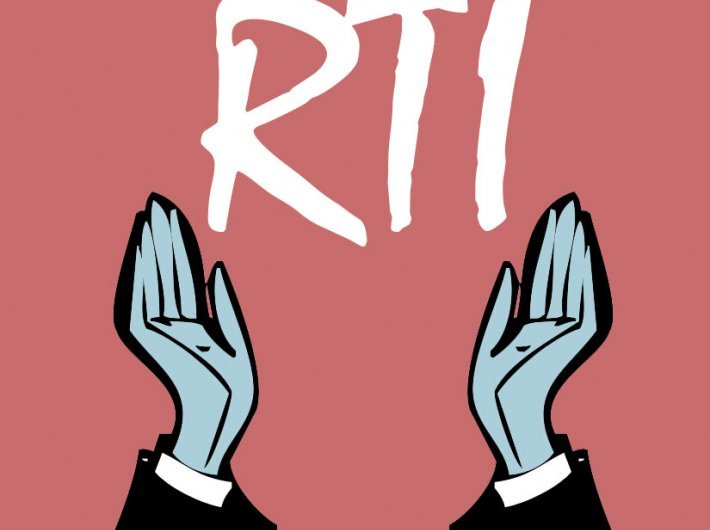SBI with the largest volume of net NPAs rejected 20% of the RTI applications during 2014-2015.
The proportion of rejection of RTI applications was quite high in banks that had reported large volumes of net non-performing assets (NPAs) in 2014-15. Indian Overseas Bank, Bank of Baroda and Canara Bank, which had reported net NPAs ranging more than Rs 8,000 crores, rejected around one third to almost half of the RTI applications in 2014-15. The State Bank of India with the largest volume of net NPAs amongst the 24 public sector banks (PSBs) rejected 20% of the RTI applications during this period.
However, there was no positive or negative correlation identified between the volume of net NPAs reported by the 24 PSBs and the number of RTI applications they dealt with during 2014-15. Several banks with lesser volume of net NPAs registered a hike of RTI applications received.
Based on the annual report of the Central Information Commission, Commonwealth Human Rights Initiative (CHRI) has analysed the RTI statistics of 24 PSBs. Four banks which have not been analysed are Bhartiya Mahila Bank, Dena Bank, Oriental Bank of Commerce and Post Bank of India.
The PJ Nayak Committee, which was constituted to examine the governance of boards of commercial banks, had in its report recommended that coverage of the public sector banks under the Right to Information Act, 2005 (RTI Act) was hampering their ability to compete with their rivals in the private sector. However, no data was produced in support of this finding.
State Bank of Mysore and Vijaya Bank are exceptions to this trend as their rejections were high ranging between 26-39% despite the volume of their net NPAs being less than Rs 2,000 crores.
CHRI has found that the State Bank of India, the largest banking network, received the maximum number of RTI applications, in 2014-15. It received 24,783 applications, which is more than 31% of the total number of RTI applications received by the public sector banks. The 24 PSBs received a total of 79,148 RTI applications in 2014-15 (including the backlog from 2013-13). This is 56.4% of the total RTI applications received by the ministry of finance in 2014-15. Bank of India received 9,080 RTI applications followed by Punjab National Bank with 7,779 RTI applications in 2014-15. However, there were some banks which witnessed an increase in the number of RTI applications.
| Name of the bank |
Increase in RTI application (in %) in 2014-15 |
| |
| State Bank of Hyderabad |
41.59 |
| |
| State Bank of Patiala |
30.64 |
| |
| Punjab and Sind Bank |
25.30 |
Of the 24 PSBs, 10 witnessed a significant decline in the number of RTI applications received in 2014-15. Last year, six banks had witnessed a decline in the number of RTI applications received, out of the 20 PSBs reviewed.
| Name of the bank |
Decline in RTI applications (2014-15) in % |
| |
| Bank of Maharashtra |
22 |
| |
| State Bank of Travancore |
19.30 |
| |
| Central Bank of India |
17.17 |
While Andhra Bank rejected the maximum number of the RTI applications, the lowest rejection figure was reported by the United Bank of India at 6.2% in 2014-15.
During the period 2014-15, all 24 PSBs reviewed opened new offices across the country. Bank of India was the only bank which averaged around two RTI applications per office (1.79). Only the State Bank of India, State Bank of Bikaner & Jaipur and Punjab National bank averaged more than one RTI application per office during this period. While all other banks averaging less than one RTI application per office.
